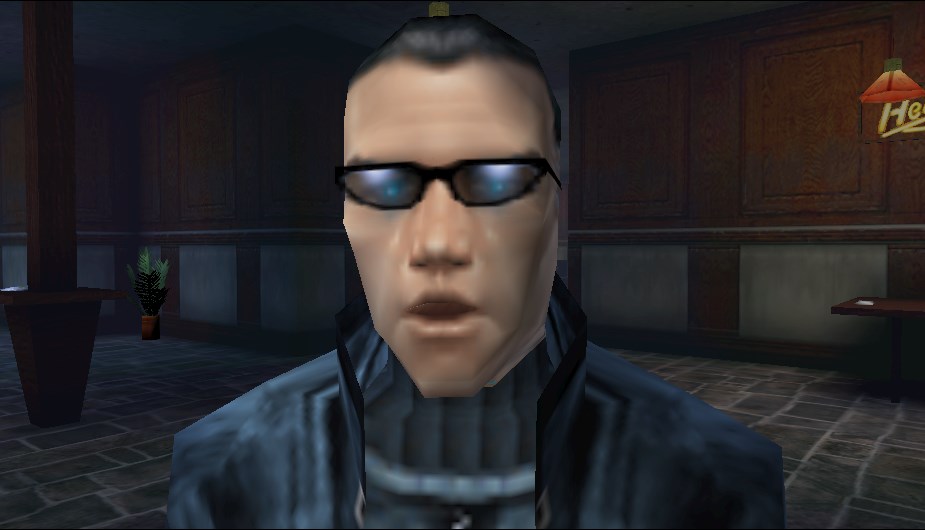
The developers of Deus Ex recently engaged in reflections about how they crafted a game steeped in political themes without intending to make a definitive political statement. An artificial plague unleashed by a group of billionaires to exploit the lower class is a notion that feels particularly relevant today.
“What I think is the right future for humanity is irrelevant. It’s all about what each player thinks.” – Warren Spector
Translation: I am not concerned with projecting my views onto players. The focus is on individual interpretation.
While the game stands as a quintessential example of thought-provoking gameplay, its political messages may come across as convoluted. Characters aligned with far-right militias coalesce with leftist groups, presenting an eclectic mix of beliefs moderated by the overarching influence of powerful figures behind the scenes.
Warren Spector, the project director, emphasized his aim to allow players the freedom to interpret the world based on their actions rather than forcing a particular narrative. As Ricardo Bare, a designer on the project, pointed out, their primary focus was on combining notable elements of shooters and RPGs, which sparked their excitement about developing Deus Ex.
The creators aimed to present scenarios where players could experience the consequences of their choices, emphasizing player experience over the designers’ personal beliefs. While some might argue that a developer’s perspective inevitably shapes the narrative, Deus Ex challenges players to define their own interpretations amid the complexity of its narrative.
In understanding why Deus Ex resonated so strongly, one must acknowledge its ability to engage with various ideological conflicts while giving players autonomy in shaping their gaming experience.
